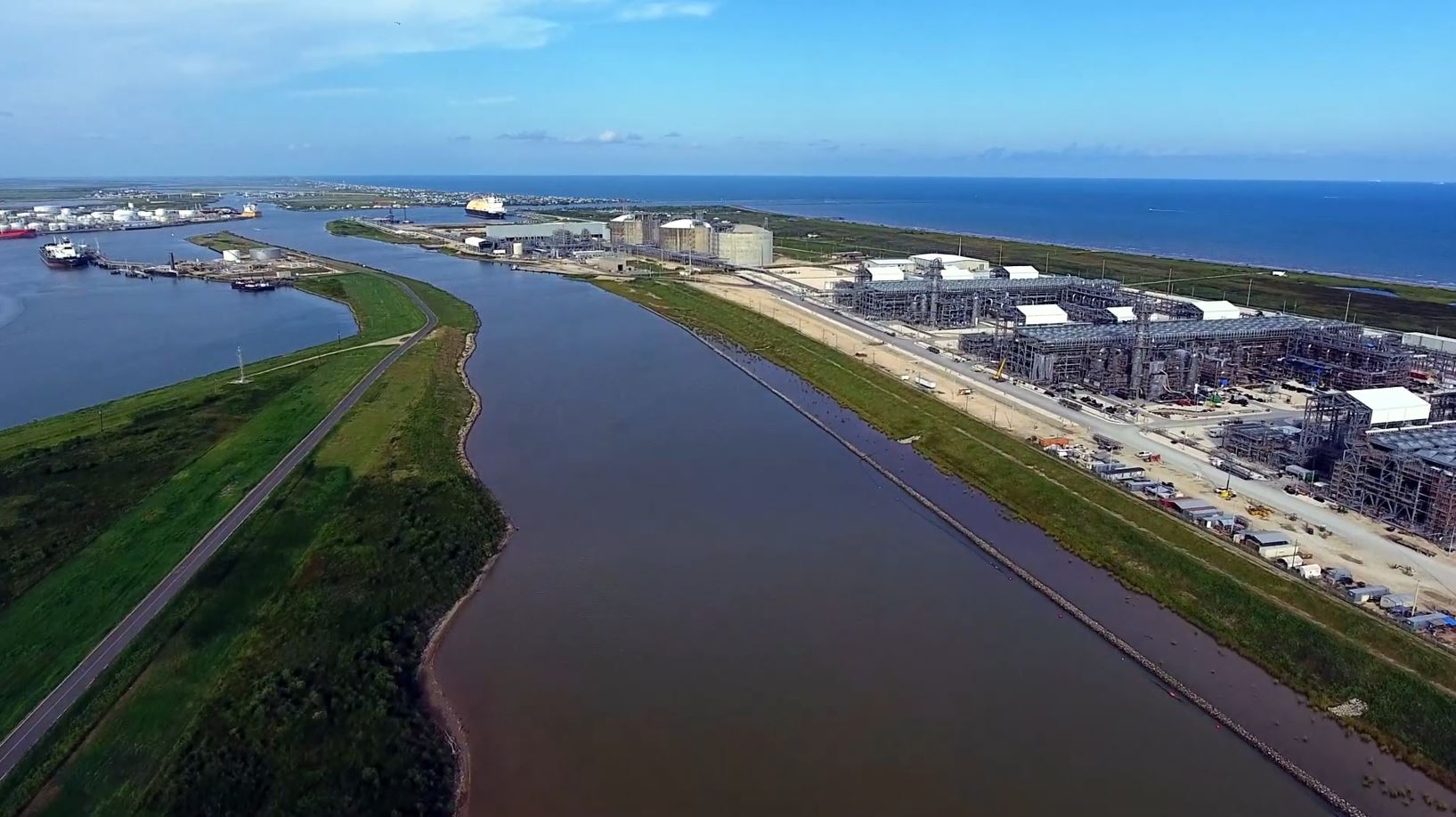Japan’s LNG trading giant Jera has agreed to buy a 25.7 percent stake in Freeport LNG Development from US-based Global Infrastructure Partners.
Jera Americas, a unit of Jera, would pay about $2.5 billion, subject to customary purchase price adjustments, to take the stake in the firm which operates the Freeport LNG export plant in Texas, according to a joint statement.
GIP’s second flagship fund, Global Infrastructure Partners II, acquired the stake in Freeport LNG back in 2015.
This announcement follows a deal by GIP on Monday to buy a stake in the second Pluto LNG train from Woodside.
GIP and Jera expect to close the transaction after the necessary approval and authorization procedures.
Jera, the joint venture of Tepco and Chubu Electric, already owns 25 percent of Freeport LNG Train 1 and purchases and transports 2.32 mtpa of LNG for use in Japan and other importing countries.
Freeport LNG, led by billionaire Michael Smith, has last year launched commercial operations for the third liquefaction train at its facility in Texas.
The start of third train operations also marked the full commercial operation of Freeport LNG’s $13.5 billion, three-train facility. It has a capacity of more than 15 mtpa.
Freeport LNG has contracts for about 13.4 mtpa of production capacity under 20-year use-or-pay liquefaction tolling agreements.
The LNG buyers are Osaka Gas, Jera, BP, Toshiba and Total.
Expansion plans
Freeport LNG is also planning to add the fourth production unit with a capacity of five mtpa but it has not yet taken a final investment decision.
Jera said it would work with Freeport LNG to advance new LNG projects including production capacity expansion and the development of Train 4.
“FLNG’s new LNG projects have extremely low development risk due to the use of the existing Freeport LNG project, which enables the company to flexibly expand production capacity in response to increased global LNG demand,” Jera said.
“In addition, since there are no resale or destination restrictions on LNG exported from the project, Jera believes it will be possible to supply LNG to Japan when supply is tight and to otherwise respond flexibly to the LNG supply and demand situation in the Asian region,” it said.

